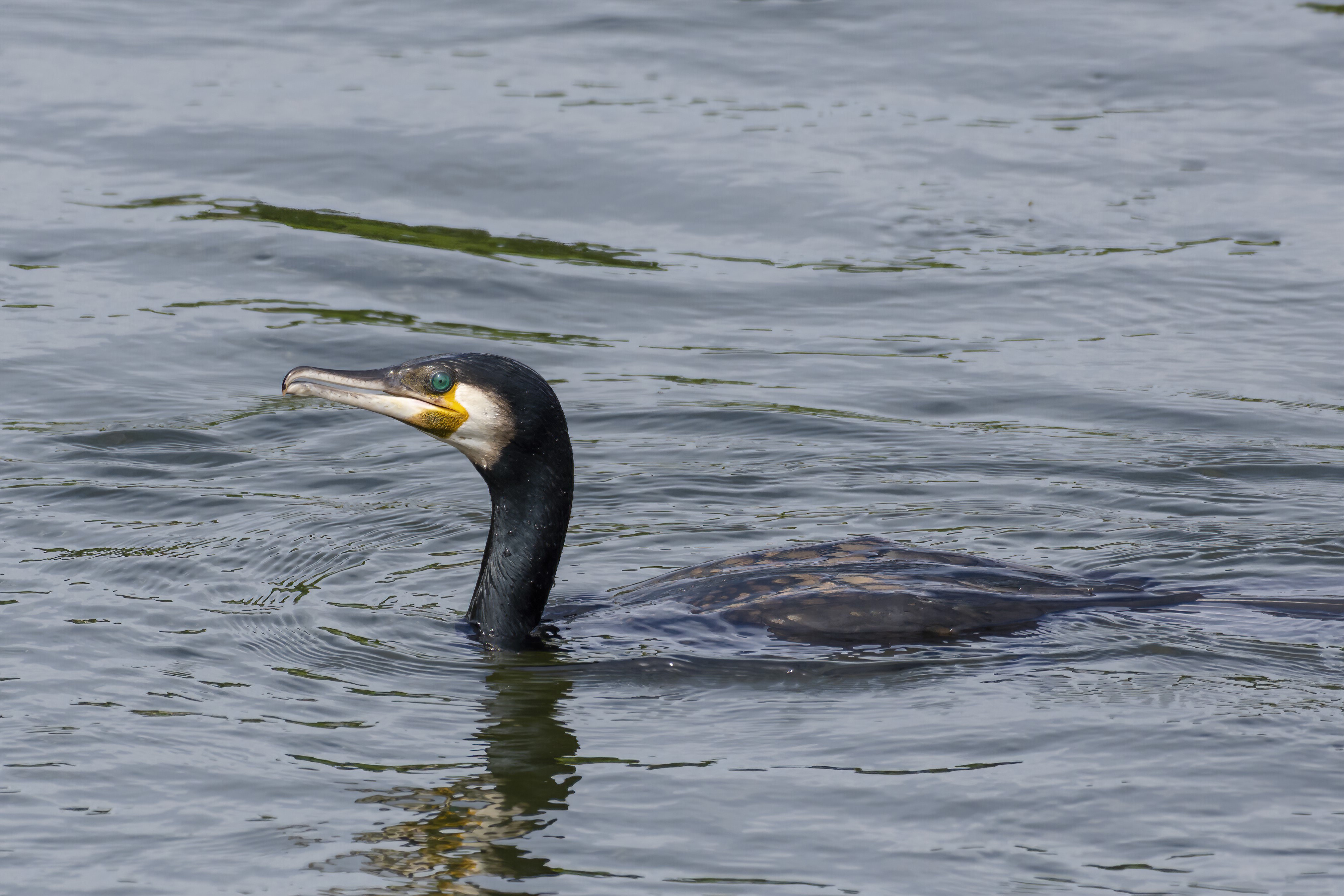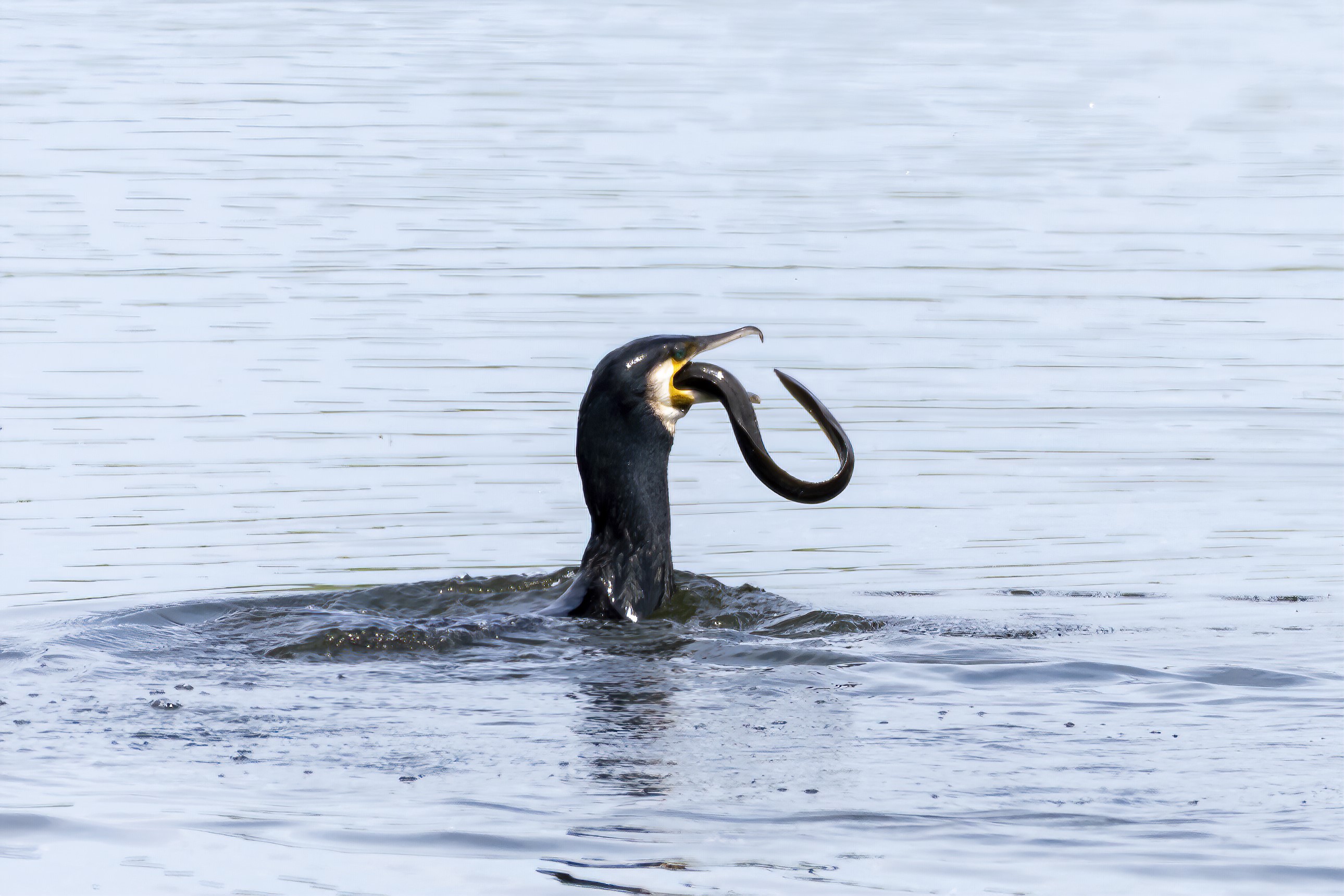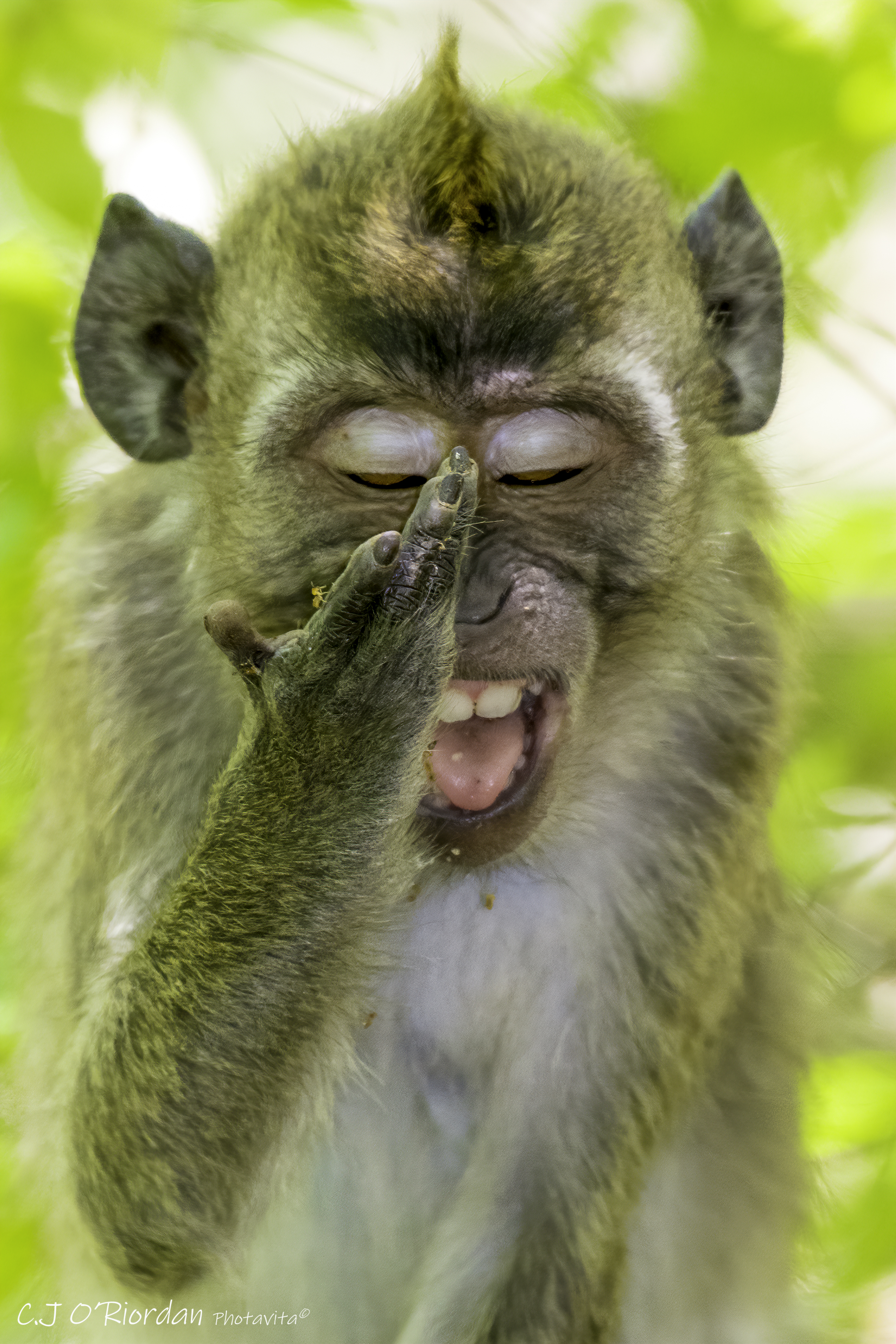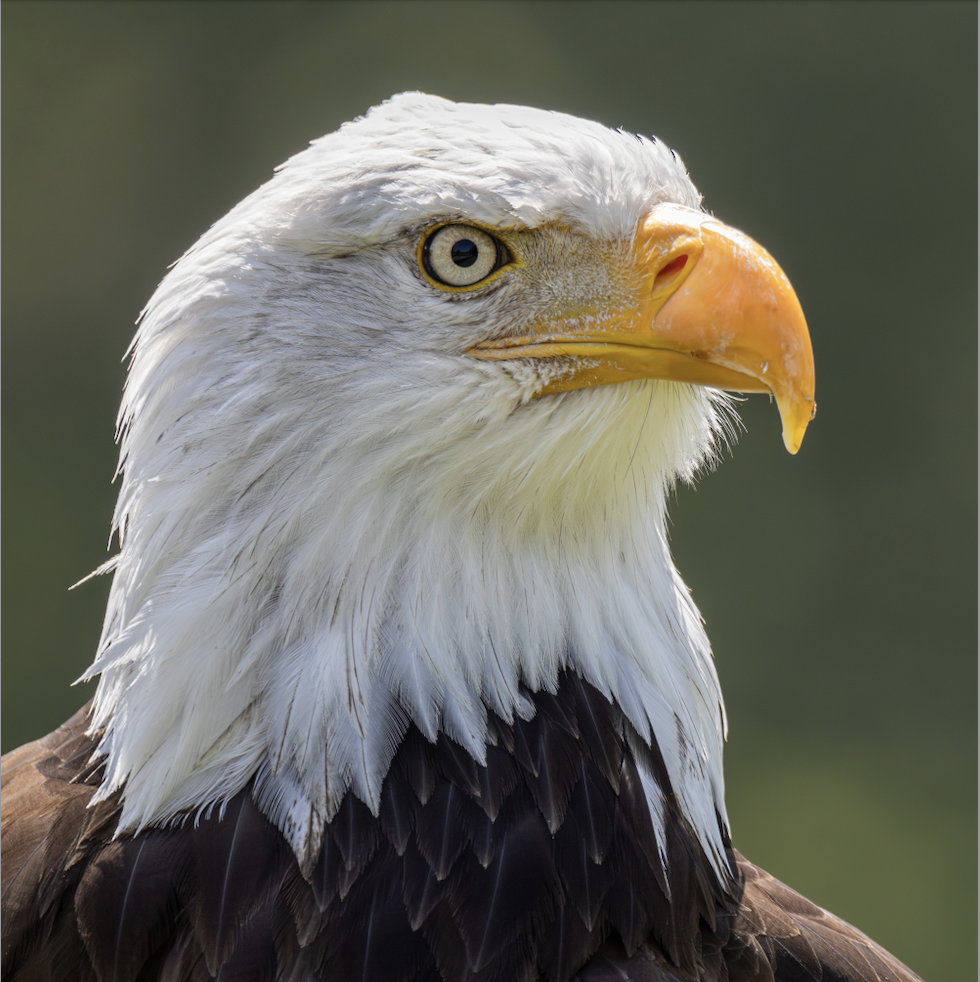Cormorant(Phalacrocorax carbo) vs European eel (Anguilla anguilla)
Nikon D7200, Nikon 200-500mm f/5.6
f/6.3, 1/2000s, ISO 500, 500mm
River Great Ouse, Camrbridgeshire, May 2019




This was another of those “right place, right time” situations. I walked a few miles to this spot on the river and was a little disappointed to see nothing on the water. I was about to head further down stream when this cormorant suddenly appeared. It had obviously been hunting in the rough waters of the weir and I hadn’t noticed it.
Cormorants are sea birds, but in reality we get them in inland lakes and rivers almost all year round in the UK.
I took a couple of shots of the bird and then it disappeared again, surfacing only moments later with this frankly huge eel.
The European Eel is born in the Sargasso sea, a region of the North Atlantic ocean. It then migrates over the course of 300 days as a tiny larvae to the coasts of Europe .
When they reach the coast the larvae turn into tiny eels, which then move into a river. In the river they grow to adult size, taking anywhere up to 20 years, and then they head out to the Sargasso sea to breed and die.
In the UK a big eel is 5lb, though they can reach twice that, especially if they get trapped in a lake and can’t return to breed. This was a big eel!
I watched the battle for about 15 minutes. The cormorant lost the eel a couple of times during the fight, but I suspect the initial attack had injured the fish, making its demise inevitable.


Cambridgeshire, county containing the city of Ely. Famous for its eels.
It’s a lovely place to visit and if you go at the right time of year you may see the peregrines that nest on the cathedral.